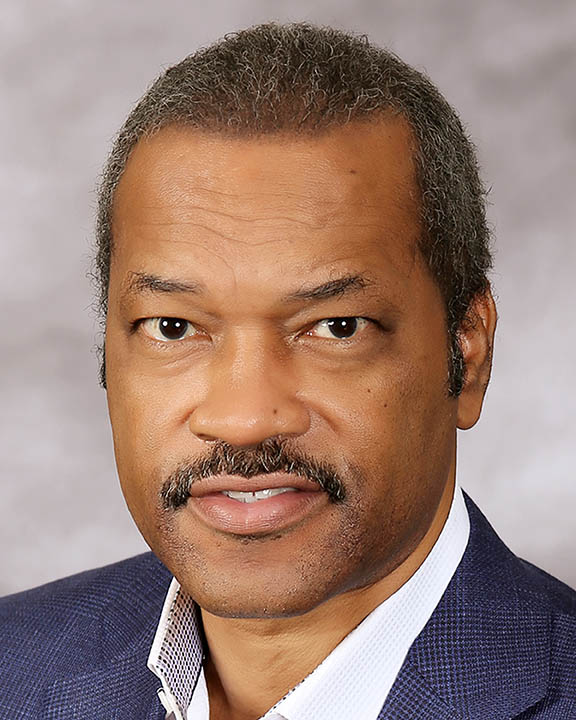Maintaining a healthy heart is a vital concern for all of us. Many of us already watch our diet and exercise but it’s also important to assess the risks of heart attack and stroke.
Taking a heart scan is an easy way to determine the risks of coronary disease – and it could save your life.
Editor’s note: This article is the second in a series of stories that originally were published in the Chronicle’s April 1 health and wellness supplement sponsored by Franciscan Health.
Maintaining a healthy heart is a vital concern for all of us. Many of us already watch our diet and exercise but it’s also important to assess the risks of heart attack and stroke.
Taking a heart scan is an easy way to determine the risks of coronary disease – and it could save your life.

Dr. Paul A. Jones, Flossmoor resident and medical director for Franciscan Health Cardiovascular Services in Northern Indiana and South Suburban Chicago, says we need to know our personal risk factors for a heart attack.
“The better we educate the public on knowing the risk factors, the higher the likelihood they would be more in tune to some of the potential signs and symptoms of a heart attack,” he said.
A heart scan is a low-cost, non-invasive procedure that helps determine your risk of heart disease. It provides an advance warning so that you can change how you live your life to reduce your chances of having a devastating cardiovascular incident.
While it only takes about 10 minutes to perform, it’s one of the most advanced heart scans of its kind, offering greater accuracy and detail than other traditional computerized tomography (CT) scans.
Since more than half the people who died suddenly of heart disease had no symptoms, early detection can be the key to prevention.
Jones says a patient who knows the risks will be less likely to incorrectly blame their discomfort on heartburn, something he’s seen happen too many times.
“They’ll think twice and say, ‘Hey, this could be my warning sign of a heart attack,’ and not blow it off,” he said.
The heart scan is a high-speed CT procedure that checks your heart to detect calcium deposits along the walls of the arteries. Calcification in the coronary arteries is the earliest indicator of heart disease.
A coronary artery calcium scoring exam produces a score that identifies your level of deposits. Additional factors such as age, family history and cholesterol level, enable your doctor to measure your potential for heart disease.
During the heart scan, patients lie comfortably on the exam table for about five minutes, though the scan only takes seconds. Patients do not need to change their clothes, although jewelry and metal items must be removed. No special preparation is necessary for the scan, such as fasting, injections or a halt in medications.
Electrocardiogram leads are placed on the patient’s chest to synchronize the scan with their heartbeats. Patients need to hold their breath for a few seconds while the scan is taking place.
For more information, visit FranciscanHealth.org/Heart.
Related story:
- Be Well 2020: 5 benefits of having a primary care doctor (March 10, 2020)



